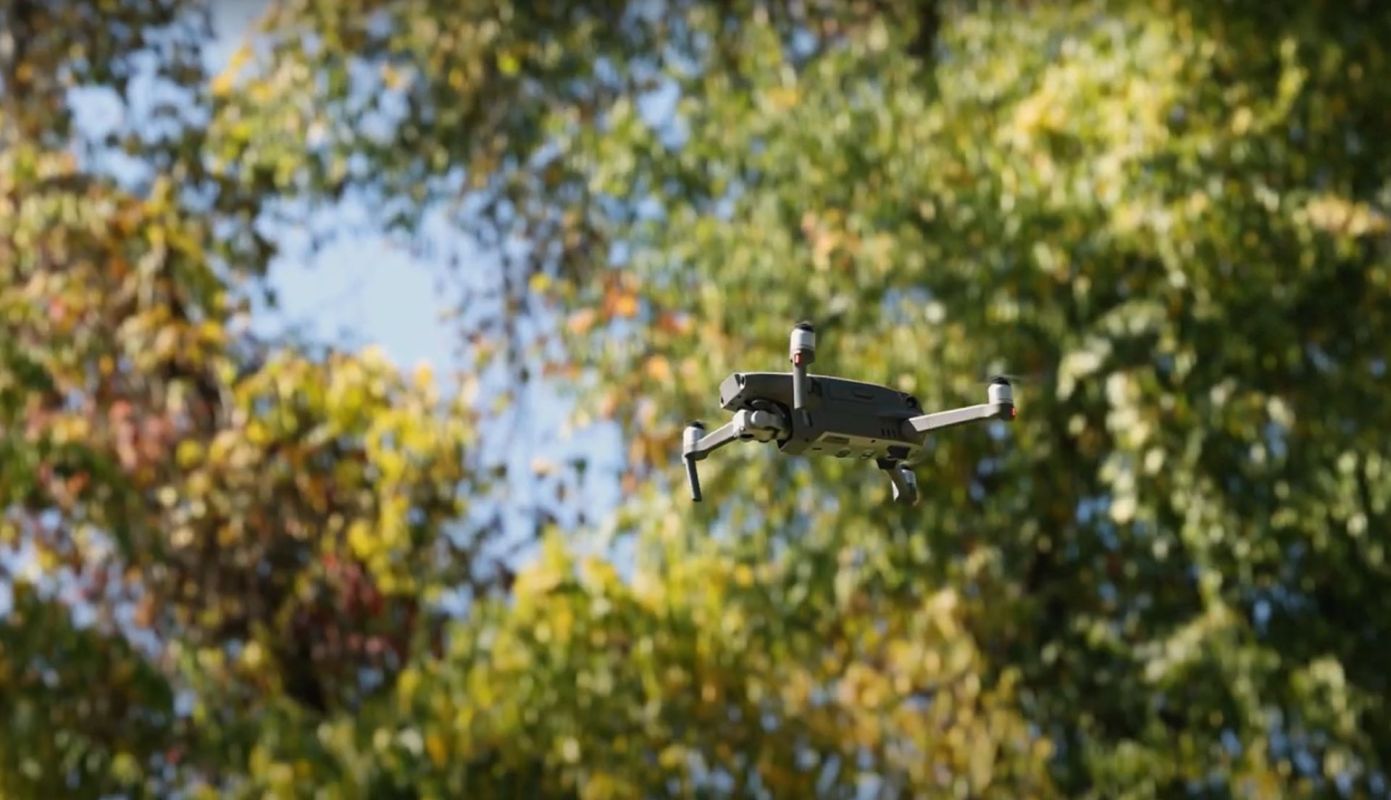A West Virginia University researcher developed "bug bombs" to eradicate harmful invasive plants in the state and surrounding areas.
According to WVUToday, a source for news about the university, Yong-Lak Park, an entomology professor at the WVU Davis College of Agriculture, Natural Resources and Design, came up with the idea to use drone technology and artificial intelligence to drop "insect armies" on invasive plants in inaccessible areas.
Park received a $200,000 grant from the United States Department of Agriculture's Forest Service to continue research and development efforts for his bug bombs.
Because untreated invasive plants destroy ecosystems and outcompete native plants for resources, wildlife such as birds, insects, and pollinators lose access to food. This affects the plants, creating a vicious cycle in which invasive plants end up taking over an entire area.
Without human intervention, the ecological and economic impacts would be immense, according to WVUToday. Park's technology will attack three invasive plants: mile-a-minute weed, found in 24 states, purple loosestrife, and Japanese knotweed.
Park's drones are equipped with sensors that can detect the heat signature of invasive plants, and machine learning collects images to identify the plants' locations.
Then, researchers fill 3D-printed biodegradable pods with one of three insects: weevils to combat mile-a-minute weeds, psyllids to attack Japanese knotweed, and black-margined loosestrife beetles for the purple loosestrife.
He and Cynthia Huebner, a botanist and Davis College adjunct assistant professor, received another $200,000 grant from the USDA National Institute of Food and Agriculture to continue developing "seed bombs" to ensure that only native plants grow instead of invasive plants.
Park's research areas include six counties in West Virginia, including along the Ohio River, where mile-a-minute weed is prolific. He also works in state and national parks in Pennsylvania, Maryland, and Virginia. Since receiving the grants, he's been approved for 24 permits to deploy the insects in all the states impacted by mile-a-minute weed.
"This integrated pest management strategy using natural enemy insects and native seeds is an environmentally friendly approach to aggressive plants," Park told WVUToday. "We currently don't have a tool like this to use for invasive pest management."
"I think that's the biggest breakthrough for this research project," Park added. "The biggest success will be if the people use it. Maybe a company even picks this up and creates a small business."
Luckily, other businesses are finding unique ways to eliminate invasive plants. One restaurant in London started serving Japanese knotweed in several dishes, and another company is using invasive bamboo and eucalyptus to build homes.
Join our free newsletter for cool news and cool tips that make it easy to help yourself while helping the planet.









